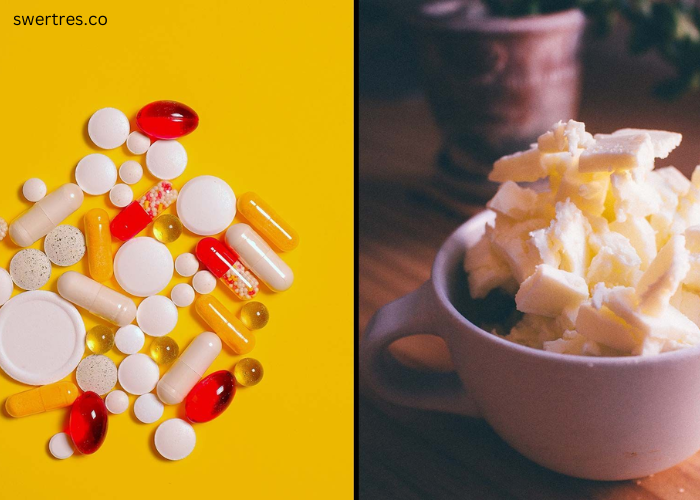In the world of health and wellness, nutrition advice is abundant — but not all of it is accurate. Misinformation often spreads faster than the facts, leaving many people confused about what’s truly good for them. To set the record straight, we’ve consulted nutrition experts to debunk some of the most persistent myths about food and health.
Myth 1: Carbs Are Bad for You
Carbohydrates have gotten a bad reputation, especially with the popularity of low-carb diets like keto. However, not all carbs are created equal. Refined carbs, such as sugary snacks and white bread, can spike blood sugar levels, but complex carbs like whole grains, fruits, and vegetables are essential for energy and overall health.
Expert Take: “Carbs are the body’s primary fuel source,” says registered dietitian Sarah Lopez. “Eliminating them entirely can lead to fatigue and nutrient deficiencies. Focus on incorporating high-quality carbs into your diet.”
Myth 2: Eating Fat Makes You Fat
For decades, fat was demonized as the main culprit behind weight gain. While it’s true that fat is calorie-dense, it’s also essential for brain health, hormone production, and nutrient absorption. The type of fat matters more than the amount.
Expert Take: “Healthy fats from sources like avocados, nuts, seeds, and olive oil can actually support weight management and heart health,” explains Dr. Anita Patel, a nutrition scientist. “It’s the trans fats and excessive saturated fats that you should limit.”
Myth 3: You Need to Detox Your Body
Detox diets and juice cleanses are often marketed as a way to “reset” your body, but the truth is, your liver and kidneys do an excellent job of detoxifying your system naturally.
Expert Take: “Your body doesn’t need external help to eliminate toxins,” says Dr. Michael Chen, a clinical nutritionist. “Instead of wasting money on detox products, focus on a balanced diet rich in whole foods.”
Myth 4: Late-Night Eating Causes Weight Gain
Many people believe that eating after a certain hour will inevitably lead to weight gain. However, weight gain is primarily influenced by the total number of calories consumed versus burned, not the timing of your meals.
Expert Take: “If you’re eating nutritious food and staying within your caloric needs, late-night snacks won’t automatically make you gain weight,” says dietitian Maria Gonzales. “What matters is the overall pattern of your diet.”
Myth 5: Supplements Can Replace a Healthy Diet
With the rise of supplements, many people assume they can skip healthy eating and simply pop a multivitamin. While supplements can fill gaps in your nutrition, they are not a substitute for a balanced diet.
Expert Take: “Whole foods provide a synergistic mix of nutrients that supplements can’t replicate,” says Dr. Emily Harper, a functional medicine expert. “Use supplements as a backup plan, not your primary source of nutrition.”
Myth 6: Fresh Produce Is Always Healthier Than Frozen
Fresh produce is often touted as the gold standard, but frozen fruits and vegetables can be just as nutritious, if not more so. Frozen produce is usually picked at peak ripeness and quickly frozen, preserving its nutrients.
Expert Take: “Don’t shy away from frozen options,” advises dietitian Laura King. “They’re convenient, cost-effective, and can be a great way to ensure you’re eating enough fruits and vegetables year-round.”
Final Thoughts
Navigating the world of nutrition can be tricky, but understanding the science behind these myths can help you make informed decisions. Instead of falling for fads, focus on a balanced diet, listen to your body, and consult reputable sources for advice. Remember, nutrition isn’t one-size-fits-all, so find what works best for you and your lifestyle.

